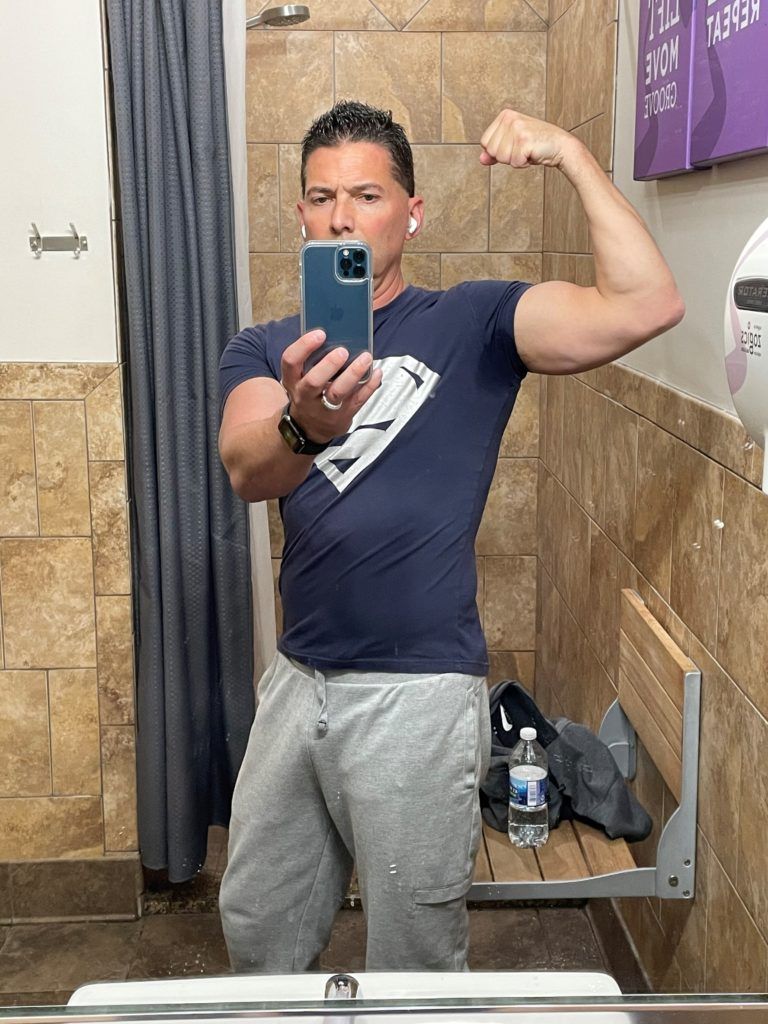Our volunteers are true “GEMS” to the entire HCM community and the HCMA has created the Volunteer GEM Awards program to help us formally recognize each of our volunteers individually for their role in helping the HCMA educate, support, and spread awareness to our HCM community.
The VGA program will encourage our volunteers to track the hours they dedicate throughout the year so we can recognize them at the end of each year with fun prizes and other forms of appreciation.
Prizes will be awarded for volunteer hours accumulated between September 1st and August 31st each year, and can include social media frames, an honorable mention in our newsletter, on our website, or in social media, a thank you voucher for a gift of your choice from our HCMA online store (the value of this voucher goes up with each GEM Award level) and more! In last month’s newsletter, we gave a big “shout-out” to our first GEM Award winners and we will be awarding even more prizes for their contributions this month. We look forward to even more winners next year! Click HERE to learn more about the HCMA Volunteer GEM Awards program. Start logging your volunteer hours today! Click HERE for instructions on how to log your hours or contact our Volunteer Coordinator at julie@4hcm.org.
Share Your Story (SYS)
HCMA Theme of the Month Stories
Our HCMA themes for November are “Weight Management” and “Preparing for the Holidays – Meals, Family and Holiday Stressors” featuring the story of Bill Rossi.

Bill had always been involved in competitive sports, including weightlifting and participating in numerous 5k and 10k runs. When Bill began experiencing shortness of breath after mild physical activity, he decided to see a cardiologist. He was diagnosed with Hypertrophic Obstructive Cardiomyopathy (HOCM). According to Bill, “From that moment, my life changed seemingly overnight. I was told I could never compete in sports again. Ever.” …read more about Bill’s story HERE.
If you want to share your HCM story, please email julie@4hcm.org to schedule an interview. Patient stories are essential to help educate and spread awareness about HCM!
HCMA Ambassador Program
HCMA Featured Ambassador for November 2023 – Gwen Mayes
A little about Gwen: I’m in my mid-60s, and have had symptoms of HCM since
childhood, diagnosed in my 20s, and have done well with medication and lifestyle
changes. I’m followed at two COEs and by a local cardiologist. For me, the frightening
arrhythmias and emotional toll have been the most difficult to manage.

Click HERE
to learn more about Gwen and how to follow her, and our other HCMA
Ambassador volunteers, on social media.
#4hcm
#BigHeartBigLife
#hypertrophiccardiomyopathy
If you would like to share your HCM experience via social media as an HCMA
Ambassador, click here to apply for future workshops.
Legislative Advocacy
Many state legislators are back in session now and our legislative volunteers are working hard to help pass resolutions/proclamations and laws in all states to declare the 4th Wednesday in February of 2024 is “Hypertrophic Cardiomyopathy Awareness Day”. This effort, and our efforts to pass the “Healthy Cardiac Monitoring Act (HCM Act)” into law in every state takes a large and dedicated team! If you are interested in helping with these efforts in your state, email julie@4hcm.org to learn how you can get involved!
Free Online Patient Discussion Groups
Our online discussion group meetings are recurring, but you must register for each meeting date. Our meeting dates, times, and topics are updated regularly, so check our event calendar regularly to join a meeting (or more than one) best suited for you!
HCMA’s November 2023 Featured Discussion Group Leader: Lynda Neuhausen

Lynda leads an “Emotional Support” online discussion group monthly. Click on our event calendar for exact dates and times to register for Lynda’s, or any of our other volunteer-led online discussion groups. Our free online discussion groups are open to all.
About Lynda: I live in Tampa Bay, Florida, and am a single mom of three. I experienced major heart symptoms at age 39 but was not diagnosed until 46. I had 2 myectomies in 2012 and continued to struggle with symptoms. I was a retail manager for 20 years and started a career as an attorney just before diagnosis. I love spending time with my kids, traveling, and meditation/yoga. Learning to live with this illness has been a journey, and if I can lend and facilitate assistance and support to others I will.
To view other online discussion group leader bios and themes, click the following link.
Patient Discussion Groups – Hypertrophic Cardiomyopathy Association (4hcm.org)

To learn more about HCMA volunteer opportunities and get involved, contact
julie@4hcm.org
or click HERE.
The post Volunteer! appeared first on Hypertrophic Cardiomyopathy Association.


 Translate
Translate

